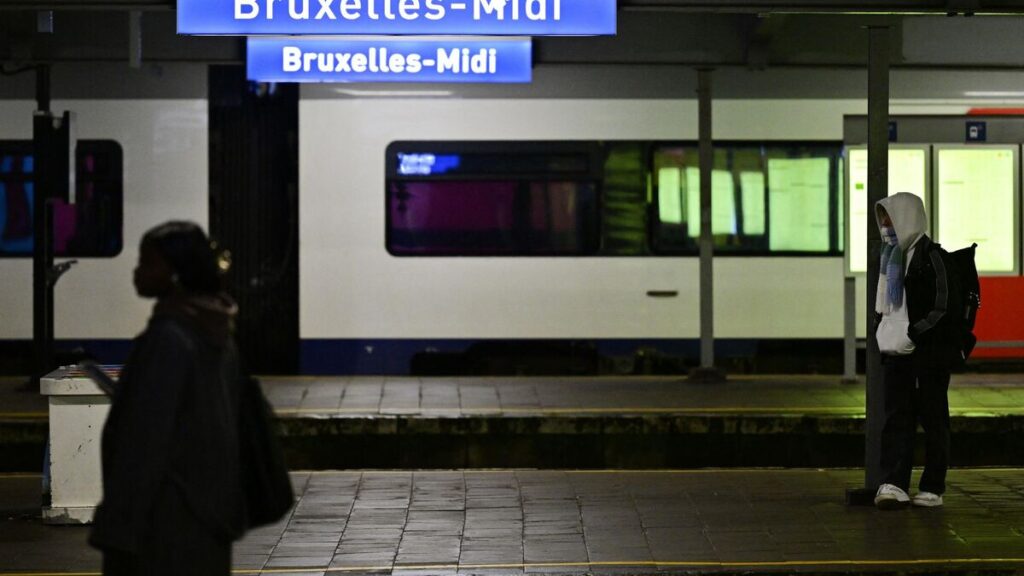
Trains cancelled, flights canceled, kindergartens closed… Belgium this Monday is preparing for a three-day strike against reforms planned by Bart De Wever’s government to straighten out public finances. Trade unions compared it to “social dismantling”. The movement was launched on the initiative of the main Belgian trade unions, which were at odds with Bart De Wever.
The strike movement is an opportunity to put pressure on political parties. This is “a call to Prime Minister De Wever and the entire government to end social dismantling”, the union said in a press release.
What reforms are targeted?
In power since February, Flemish conservatives have demanded massive austerity measures from the country. He included a series of unprecedented structural reforms regarding labor market liberalization, unemployment rights and pensions in his agenda. Belgium has one of the worst debt levels in the euro zone, along with Greece, Italy and France.
Yet few of the major reforms sought by the Prime Minister have been successful to date. The five parties in his coalition differ over the extent of reforms and how to achieve new budget savings in line with sharp increases in military spending. The head of government gave his coalition until Christmas to reach an agreement.
The government announced late Sunday into Monday that it had reached agreement in new discussions. Between savings and new revenues, it plans to increase its resources by 2.5 billion euros in 2026 and 9.2 billion annually starting in 2029, public media RTBF reported.
The increase in VAT on certain products is part of the steps decided, and will be reduced in parallel on other products. A tax of 2 euros for packages outside the European Union will also apply. A financial prosecutor’s office will be created and taxes on certain financial investments will be increased.
What form will this movement take?
This movement was held in three stages. Public transport and trains started running on Monday. Belgian rail operator SNCB plans to run one train in two trains, or even one train in three depending on the line. Some Eurostars connecting Brussels, the capital, to Paris were also cancelled.
The transporters must then join on Tuesday with public services such as schools, kindergartens, administration, hospitals, etc. Then, on Wednesday, an inter-professional strike was planned. The exact extent of this disorder is still uncertain.
However, this strike will have a very real impact on air traffic. No commercial flights took off on Wednesday from Belgium’s two main airports, Brussels-Zaventem and Charleroi. The companies they operate in anticipate high levels of strikes among personnel responsible for security checks.
“Contempt” and “lack of respect”
The socialist union FGTB accused the head of government of showing “contempt” and a “lack of respect” for the movement. When asked by Agence France Presse (AFP), Bart De Wever’s group refused to comment.
Belgium’s main trade union organizations have launched numerous calls for mobilization since Bart De Wever came to power. Participation fluctuates depending on the stake. One of the biggest demonstrations took place in mid-October, when tens of thousands of people marched on the streets of Brussels against budget cuts deemed “brutal”.





